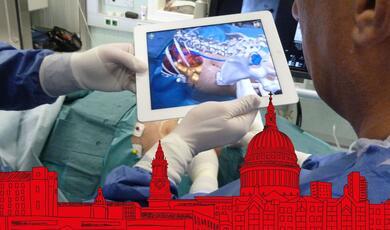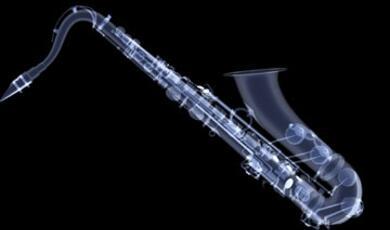Transport, Health and Wellbeing: The Potential for Equity and Wellbeing Gains for Young People
Share
- Details
- Text
- Audio
- Downloads
- Extra Reading
Children and young people are particularly vulnerable to the inequalities reflected in and caused by transport policies, particularly those policies which prioritise adult car drivers’ needs. However, interventions focused on ‘healthier’ transport systems and more liveable cities have huge potential for simultaneously improving social wellbeing and equity for young people. Two research studies in London illustrate this potential. The implementation of 20mph zones has mitigated widening inequalities in child pedestrian injury, and free bus travel for young people has had positive effects on sustainability, equity and wellbeing. Universal free bus travel has removed ‘transport poverty’ as an issue for young people in London; contributed to young people’s independent mobility; and enhanced social participation, without reducing levels of physical activity. In transport, structural interventions which address the ‘root causes’ of inequality may have more potential than those which target individuals.
There is no text for this event
This event was on Thu, 04 Oct 2012
Support Gresham
Gresham College has offered an outstanding education to the public free of charge for over 400 years. Today, Gresham College plays an important role in fostering a love of learning and a greater understanding of ourselves and the world around us. Your donation will help to widen our reach and to broaden our audience, allowing more people to benefit from a high-quality education from some of the brightest minds.


 Login
Login







